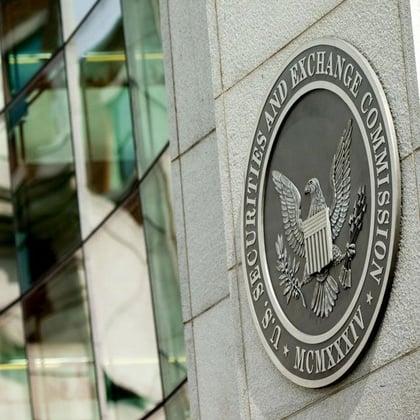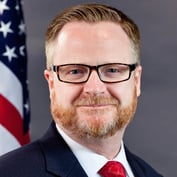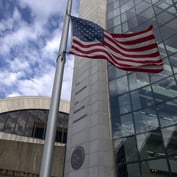What You Need to Know
- The move is a return to an Obama-era policy.
- SEC will be requiring admissions in cases where heightened accountability and acceptance of responsibility are in the public interest.
- Officer and director bars are also a critical tool, the SEC says.
SEC Enforcement Director Gurbir Grewal said Wednesday that the agency will return to an Obama-era environment of requiring firms, in certain circumstances, to admit wrongdoing.
“When it comes to accountability, few things rival the magnitude of wrongdoers admitting that they broke the law, and so, in an era of diminished trust, we will, in appropriate circumstances, be requiring admissions in cases where heightened accountability and acceptance of responsibility are in the public interest,” Grewal said during the Practising Law Institute’s SEC Speaks event.
“Admissions, given their attention-getting nature, also serve as a clarion call to other market participants to stamp out and self-report the misconduct to the extent it is occurring in their firm,” Grewal said.
Former SEC Chairwoman Mary Jo White instituted the “admit wrongdoing” policy in 2016.
Jim Lundy, a partner at Faegre Drinker’s Chicago office, told ThinkAdvisor Thursday in an email that when the SEC implemented this policy previously under the Obama administration, “it was applied relatively selectively.”
That said, “this is an aggressive policy to implement, but it is consistent with the increasingly aggressive messaging that has been coming from SEC Leadership since Chair Gensler took over.”









 October 14, 2021 at 02:55 PM
October 14, 2021 at 02:55 PM











